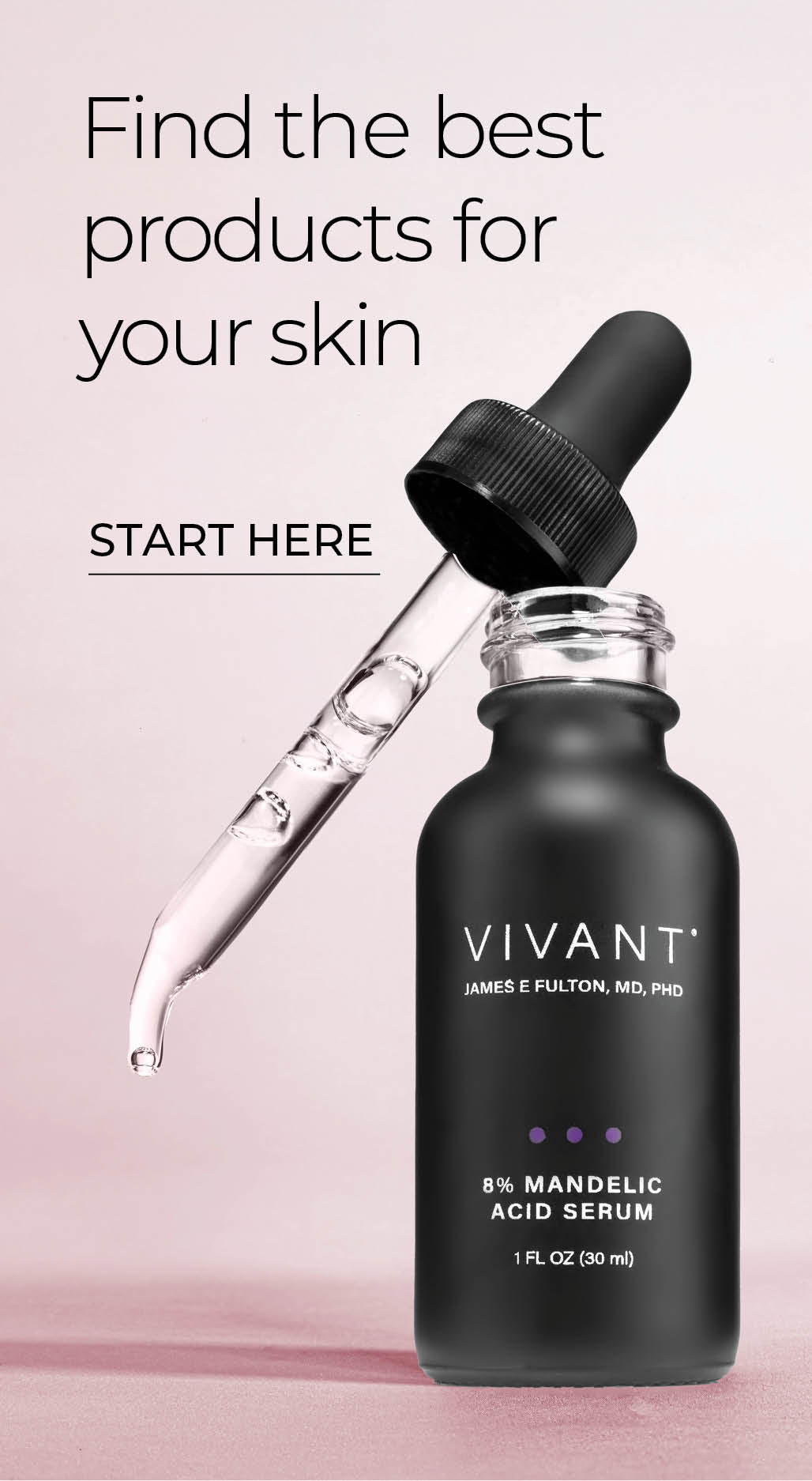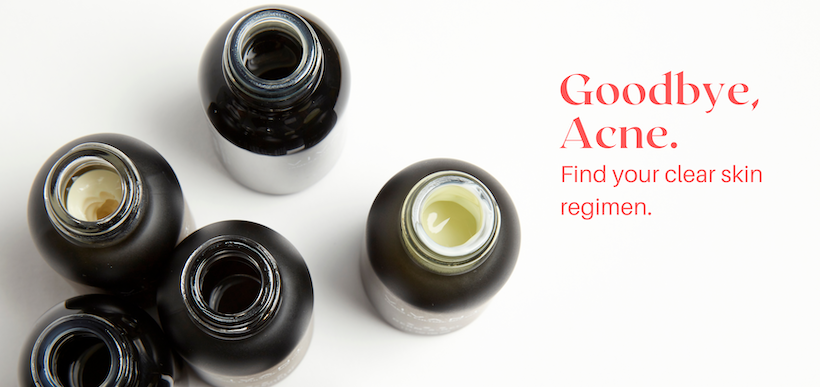Does Drinking Water Really Improve Your Skin?

Short Answer: Yes—drinking water can improve your skin’s hydration, elasticity, and overall health, especially if you’re not getting enough to begin with. But it’s not a standalone miracle. Great skin requires a consistent, comprehensive approach—including a solid skincare regimen.
Why Do Celebrities Always Credit Water for Their Skin?
From Olivia Wilde to Beyoncé, it’s practically a celebrity rite of passage to claim that their glowing, youthful skin is thanks to drinking "lots of water."
“I cut all the alcohol completely and overdo the water.” – Rihanna“I started drinking a gallon of water a day. It’s made a tremendous difference with my hair, skin, and nails.” – Gabrielle Union“Hydration, hydration, hydration all round.” – Jennifer Aniston
So, is it hype? Or does water really make a difference in the skin?
Can Drinking Water Improve Skin Hydration?
Yes—especially if your baseline intake is low.
While earlier skeptics claimed there was no research supporting the water-skin connection, a 2015 study found otherwise.
The Study:
Participants: 49 women aged 24–43
Groups: Group 1 (less than 3.2 liters/day) vs. Group 2 (more than 3.2 liters/day)
Intervention: Added 2 liters of water per day for 4 weeks
Results: Significant improvement in skin hydration—especially in Group 1
Conclusion:
Increasing water intake boosts skin hydration and elasticity, similar to how a topical moisturizer would. In short: hydrated skin = plumper, smoother, more resilient skin .
How Water Impacts Your Skin—Scientifically
Improves circulation of nutrients
Flushes toxins
Supports collagen and elastin structure
Reduces dullness caused by dehydration
That said, water alone won’t fix issues like acne, sun damage, or uneven tone. That’s where targeted skincare products come in.
Water + Clinical Skincare = Maximum Glow
Drinking water is a great start, but if you want real results, you need skincare products that work on a cellular level. Vivant Skincare offers dermatologist-developed formulas that complement your hydration goals.
For Hydrated, Plump Skin:
Lightweight aloe vera gel with humectants and antioxidants to soothe and deeply hydrate. Perfect after sun, exfoliation, or shaving.
Ultra-hydrating. Ultra-calming. Ultra-light. Use this natural antioxidant, anti-inflammatory moisturizer to restore and revive dry, mature, irritated or overly-exfoliated skin.
When Skin Dehydration Is More Than Just Not Drinking Enough
Even if you’re drinking enough water, your skin may still be dehydrated due to:
Environmental stressors (sun, wind, pollution)
Air conditioning/heating
Over-exfoliating or harsh cleansers
Dehydrating ingredients (like alcohol-based toners)
Diet (excess caffeine, sugar, or alcohol)
How to Hydrate Your Skin Inside and Out
Internal
Drink water throughout the day (aim for 2–3 liters depending on activity)
Add lemon, cucumbers, or berries for flavor and antioxidants
Eat water-rich foods: cucumber, watermelon, celery, oranges
External
Use humectants like glycerin and hyaluronic acid
Seal in moisture with barrier-repairing ingredients
Apply SPF daily to prevent trans-epidermal water loss
Avoid harsh alcohol-based products and over-cleansing


Comments
While water IS important-what is the definition of ‘water intake ’?Water intake INCLUDES the dietary water-which includes intake of fruits and vegetables(that are largely water.
In a postoperative and/or hospital setting> As a Registered Nurse, I measure and/or document a patients intake of ’Water’ (which does include Food that is largely water-and is measured as such. I am not really a ‘Big Water’ drinker, however, my total consumption of ‘water’ is quite large…due to my intake choices of fresh veggies and fruit.